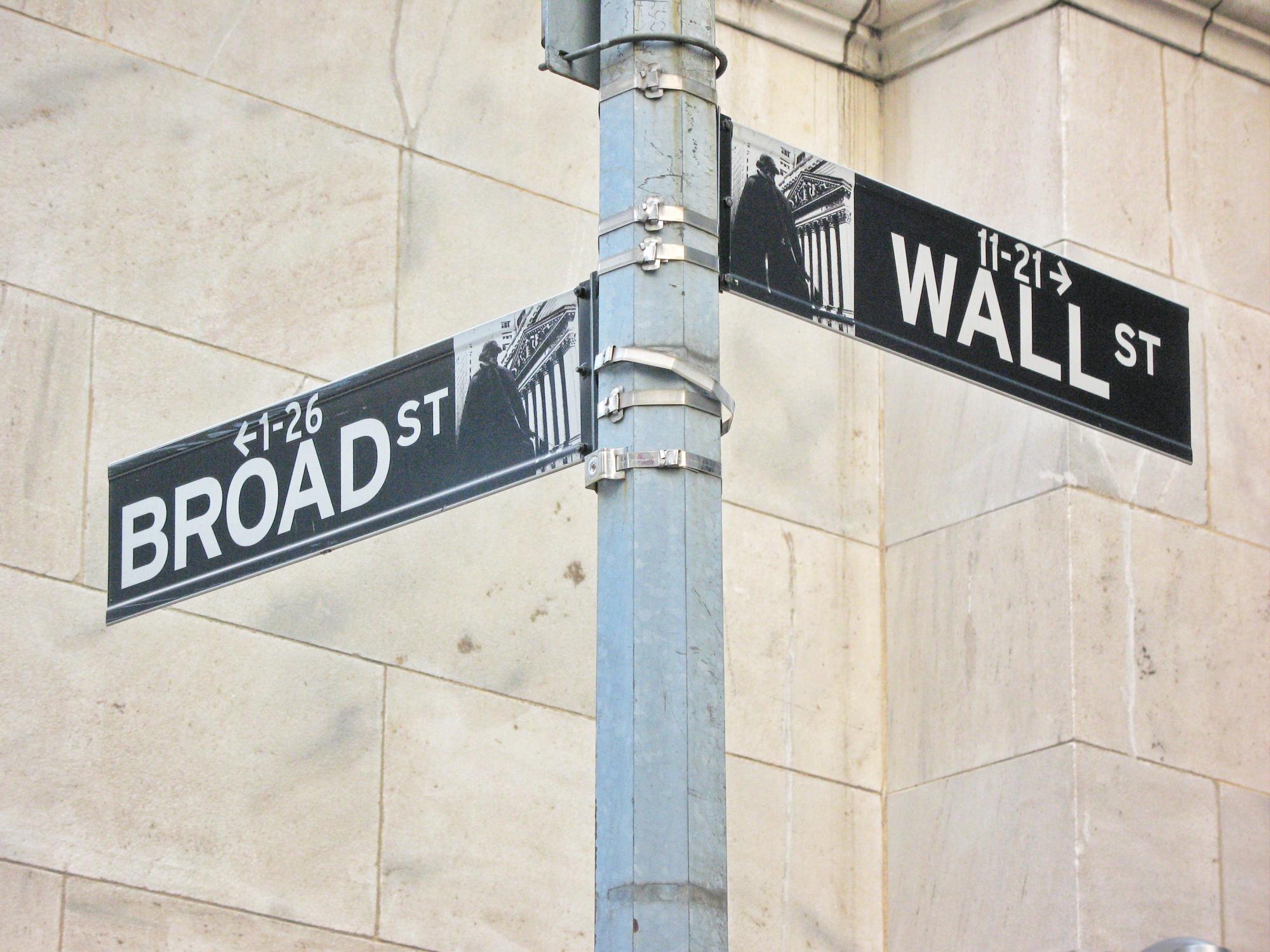Test- FTSE 100 Kicks Off August on a High as BP and Senior Lead Market Momentum
$11
10 Oct 2025, 13:13

Unsplash.com

It is commonly believed that the US economy will enter a recession this year. Wall Street concurs, as does the Federal Reserve. Additionally, rumours of a recession are taking across financial Twitter. In order to prepare for the impending slump, some financial analysts are even going so far as to suggest that investors exchange their assets for cash.
That suggestion has a flaw in that nobody can predict when or when a recession would occur. Investors could have to wait for years before a slump occurs, missing out on stock market gains as their money depreciates due to inflation. And even worse, they could fluctuate in and out of the stock market as recession forecasts come and go, losing money on bad investments along the way. A plan based on faulty forecasts can, and most likely will, fail in a variety of ways.
But suppose you had the ability to predict recessions thanks to magic, it would be wise to know how such a move would have fared in the months before past downturns before selling equities and switching to cash.
Since 1871, the longest period for which performance data is available for the S&P 500 Index and its precursor compilation of US equities, there have been 30 recessions, according to the National Bureau of Economic Research. Six months before each of those recessions, the S&P 500's performance had achieved a positive total return 21 times. Therefore, even if you were aware that a recession was imminent, you would still probably do better investing in equities in the months before it.
What if you had such mysterious insight that you could tell when a recession would begin and end? Every recession since the last one had an equal chance of being avoided if stockholders had liquidated their holdings six months in advance and stayed out of the market until it was over. Stocks had a 15-times positive total return.
Of obviously, with such abilities, you could sell equities before recessions and remain out for the entire period. It wouldn't be an easy one, but the chances would change in your favour. Over the course of 12 of those 30 recessions, the market was able to generate a positive total return.
The stock market is multidimensional and perspective. Stock prices are influenced by a variety of factors, including those unique to each sector, each company, and for many multinationals in the S&P 500, the outlook outside of the US. These factors also frequently enter stock values well in advance of expectations. When the S&P 500 fell nearly 20% last year, it could have been absorbing recessionary anxieties. And its improvement so far this year may indicate that it is already anticipating the end of a potential recession.
Due to all of this, investing decisions based on economic projections are quite difficult. It should come as no surprise that, as the historical record demonstrates, even if you could accurately foresee the size and timing of economic results, you still may not be able to predict how or when the market would respond.
The good news for us ordinary humans is that none of that market navigating is required. The best outcome is probably going to come from holding onto equities while disregarding the state of the economy. The market generated a positive total return 22 times in the six-month window before and after each of the 30 prior recessions. With an average total return of 16%, investors were also richly rewarded for their perseverance. From there, things got better as recessions gave way to fresh booms.
Those who think they have the abilities in economic forecasting can attempt to outwit the market as recession talks and demands to sell equities pick up in the coming months. For others, it may be better to wait the period out. Only time will tell.
(bloomberg.com, nbre.org)